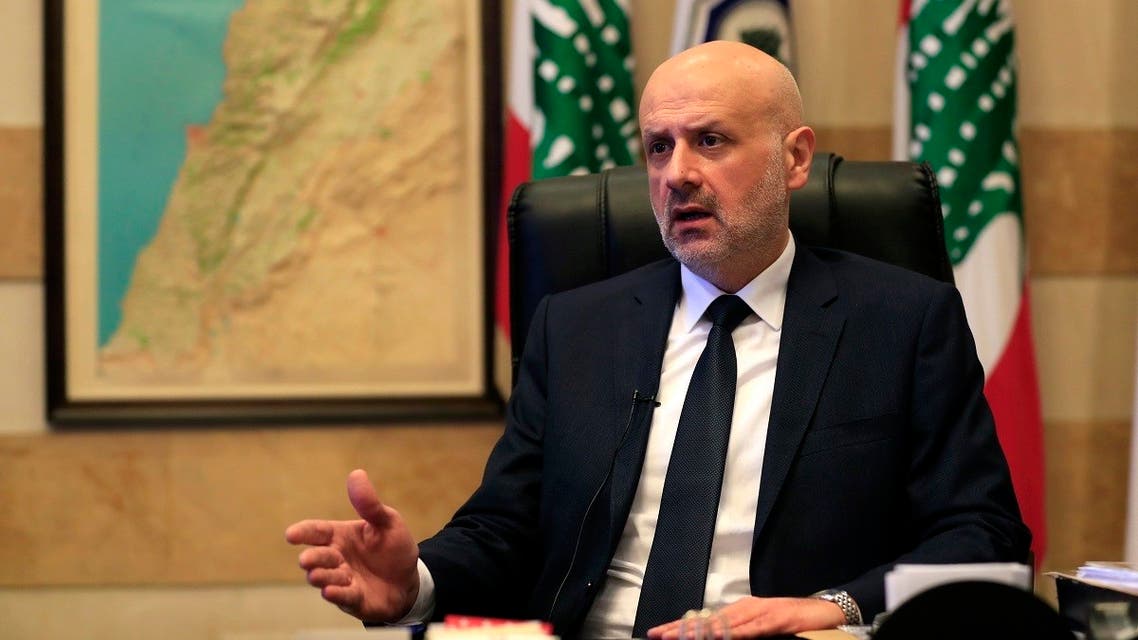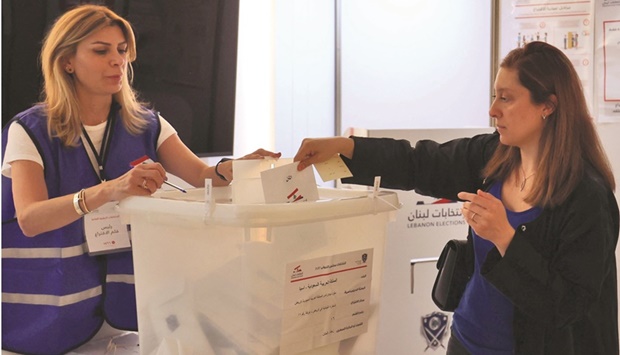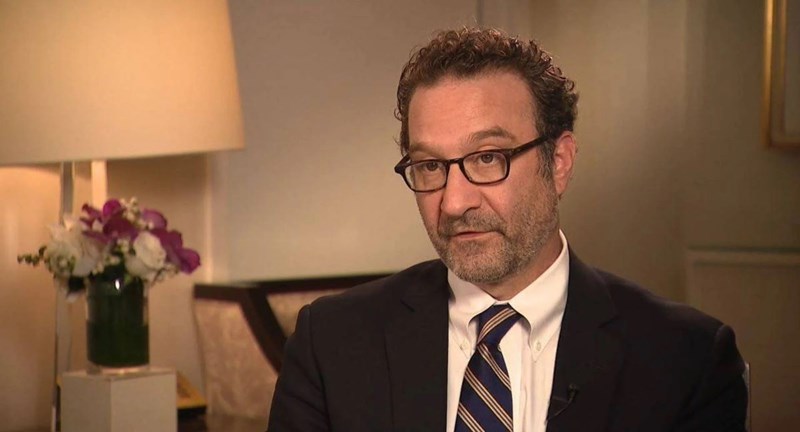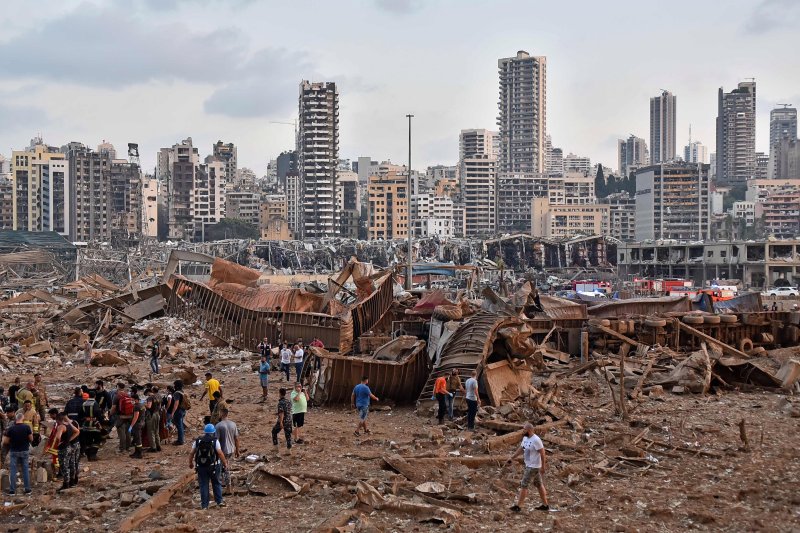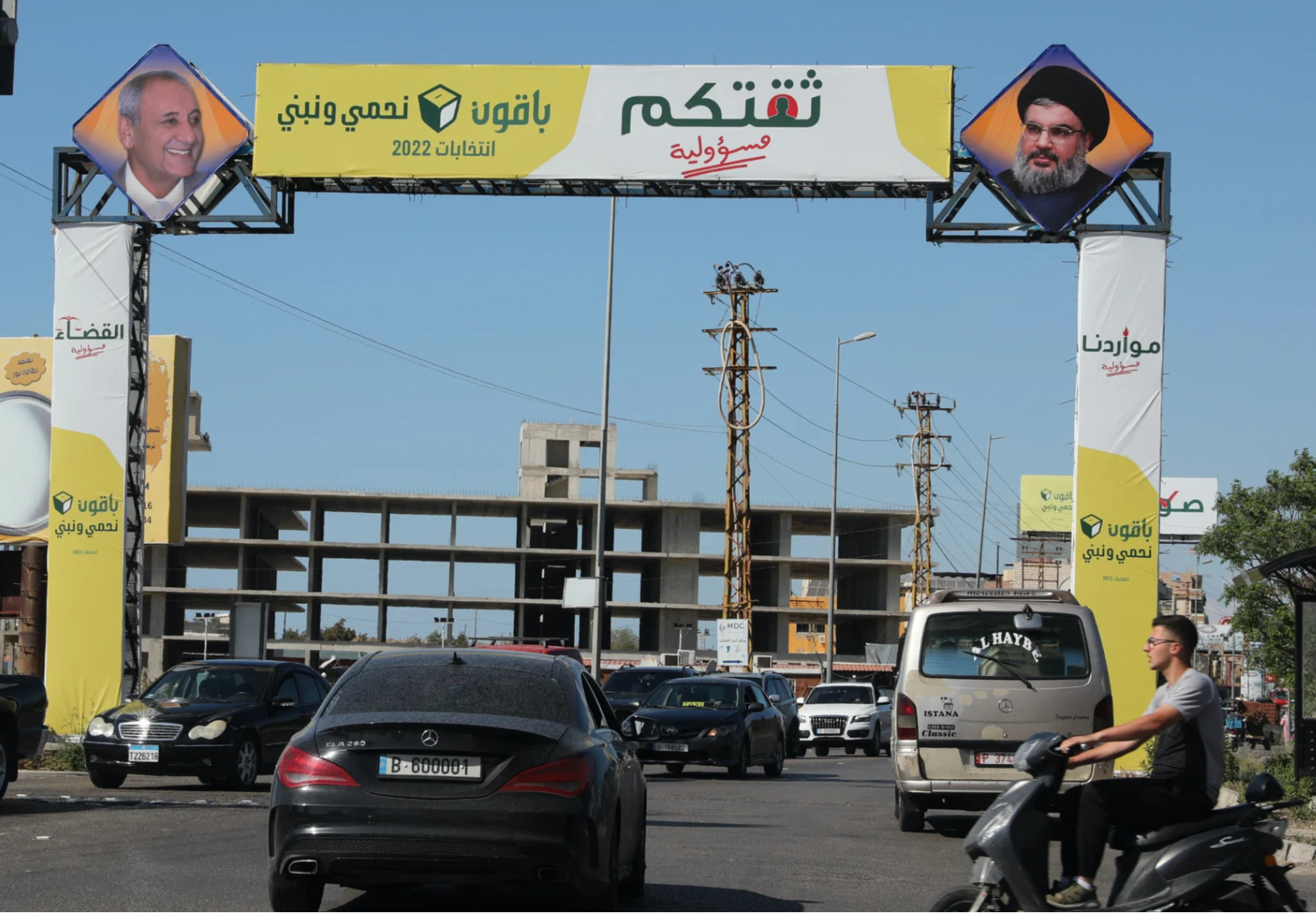
BEIRUT, (Reuters) – Iran-backed Hezbollah and its allies are likely to lose their majority in Lebanon’s parliament, three sources allied to the group said on Monday, in a major blow to the heavily armed faction that reflected widespread anger at ruling parties. Sunday’s election – the first since Lebanon’s financial collapse and the Beirut port blast of 2020 – also produced wins for the Saudi-aligned Lebanese Forces (LF), a Christian party, and reform-minded candidates across sects. Their breakthroughs, however, could fracture parliament into several camps and polarise it more sharply between Hezbollah’s allies and opponents. Those opponents are not currently united into a single bloc. The deadlock could derail reforms required to unlock support from the International Monetary Fund to ease Lebanon’s economic crisis and delay parliamentary decisions on a speaker, a premier to form a Cabinet, and a new president later this year.
Preliminary results indicate a reversal of Lebanon’s last election in 2018, when Hezbollah and its allies won 71 of parliament’s 128 seats, pulling Lebanon deeper into the orbit of Shi’ite-led Iran and away from Sunni-led Saudi Arabia. Sunday’s result could open the door for Riyadh to exercise greater sway in Beirut, long an arena of its rivalry with Tehran. There was no immediate comment from Saudi Arabia, but Iran on Monday said it respected the vote and had never intervened in Lebanon’s internal affairs. The United States, which has imposed sanctions on Hezbollah, welcomed the elections and encouraged politicians to recommit to economic reforms.
‘NATIONAL CELEBRATION’
